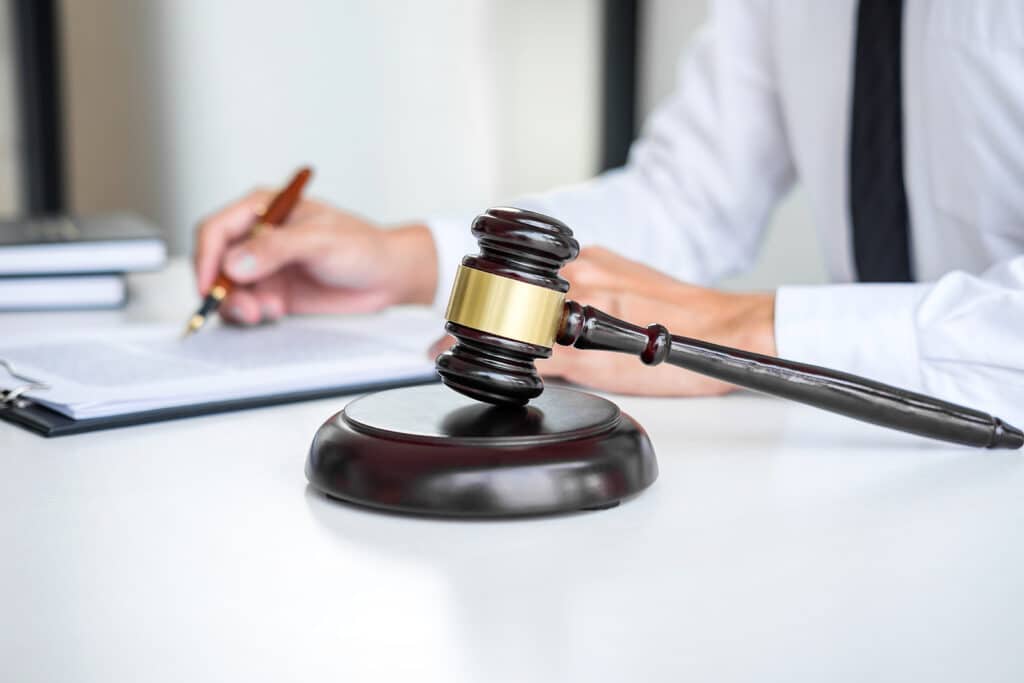Guardianship is a significant legal tool designed to protect individuals who are not capable of managing their personal care or financial affairs due to age, illness, or disability. For many families, the decision to seek guardianship for an elderly parent or relative comes with a range of emotions and a host of questions. Understanding guardianship—how it works, when it’s necessary, and how it affects the rights and well-being of seniors—is crucial for children of elders and the elders themselves.
When is Guardianship Necessary for an Elderly Parent?
Guardianship becomes necessary when an elderly individual no longer has the capacity to make informed decisions about their health, legal, or financial affairs and there is no power of attorney in place. This typically occurs due to cognitive impairments like dementia or after a serious health event such as a stroke. Recognizing the need for a guardian often follows signs of significant difficulty in managing day-to-day activities or finances, making decisions that are unsafe or uncharacteristic, or when there is a direct threat to their personal safety.
How Does Guardianship Affect Seniors’ Rights?
One of the most pressing concerns for both seniors and their children is how guardianship affects the elder’s rights. A guardian has the authority to make decisions on behalf of the senior, including choices about living arrangements, medical care, and financial management. However, it’s important to note that guardianship does not strip a senior of all their rights. Elders retain the right to personal dignity, to receive visitors, to communicate freely, and to make personal decisions wherever possible. The court aims to ensure that a guardian’s decisions align with the senior’s best interests and personal values.
Choosing and Appointing a Guardian: What Should You Consider?
Choosing a guardian is a critical decision. It is advisable for seniors to be proactive in discussing potential guardianship arrangements before there is an acute need. They should consider nominating a guardian who is trustworthy, financially literate, and emotionally capable of managing the responsibilities that come with the role. For children looking to become guardians, it’s crucial to understand the full scope of responsibilities and to prepare legally and emotionally for the role.
What Are the Alternatives to Guardianship?
Guardianship is a significant measure and not always necessary. Less restrictive alternatives include:
- Power of Attorney: Allows a person to make decisions on behalf of the elder without the need for court intervention.
- Joint Bank Accounts: Enables a trusted family member to manage finances.
- Living Trusts: Allows management of the elder’s assets by a trustee.
- Advanced Health Care Directives: Ensures the elder’s medical and end-of-life preferences are respected.
These alternatives can offer seniors more control over their decisions and lifestyle compared to guardianship.
Protecting Against Guardianship Abuse
While guardianship can provide necessary protection, it also has potential for abuse. Ensuring transparency in the guardian’s actions and maintaining an active role in the elder’s life are crucial. Guardians in Pennsylvania and New Jersey are supervised by the courts and have to file reports with the court to account for their actions as guardians and provide updates on how the person in need of guardianship is doing. Although the courts will intervene when they do not get updates from the guardian, nothing takes the place of involved family members keeping a close watch over their elder family member in need. Regular visits, monitoring financial accounts, and staying informed about the elder family member goes a long way to help prevent abuse.
Guardianship is a powerful legal framework meant to protect those who cannot protect themselves. However, it is essential that it is approached with the utmost care and respect for the senior’s rights and dignity. For those considering guardianship, it is wise to consult with an attorney who specializes in elder law. This ensures that the approach taken is tailored to the specific needs and best interests of the elder involved.
If you or a loved one is considering guardianship and wants to understand more about protecting the rights and well-being of seniors, contact Pile Law Firm for a comprehensive discussion and a strategy session with an experienced attorney. Contact us today via email (intake@pilelaw.com) or over the phone 267-643-6300 to secure your future and ensure that your or your loved one’s interests are safeguarded.






